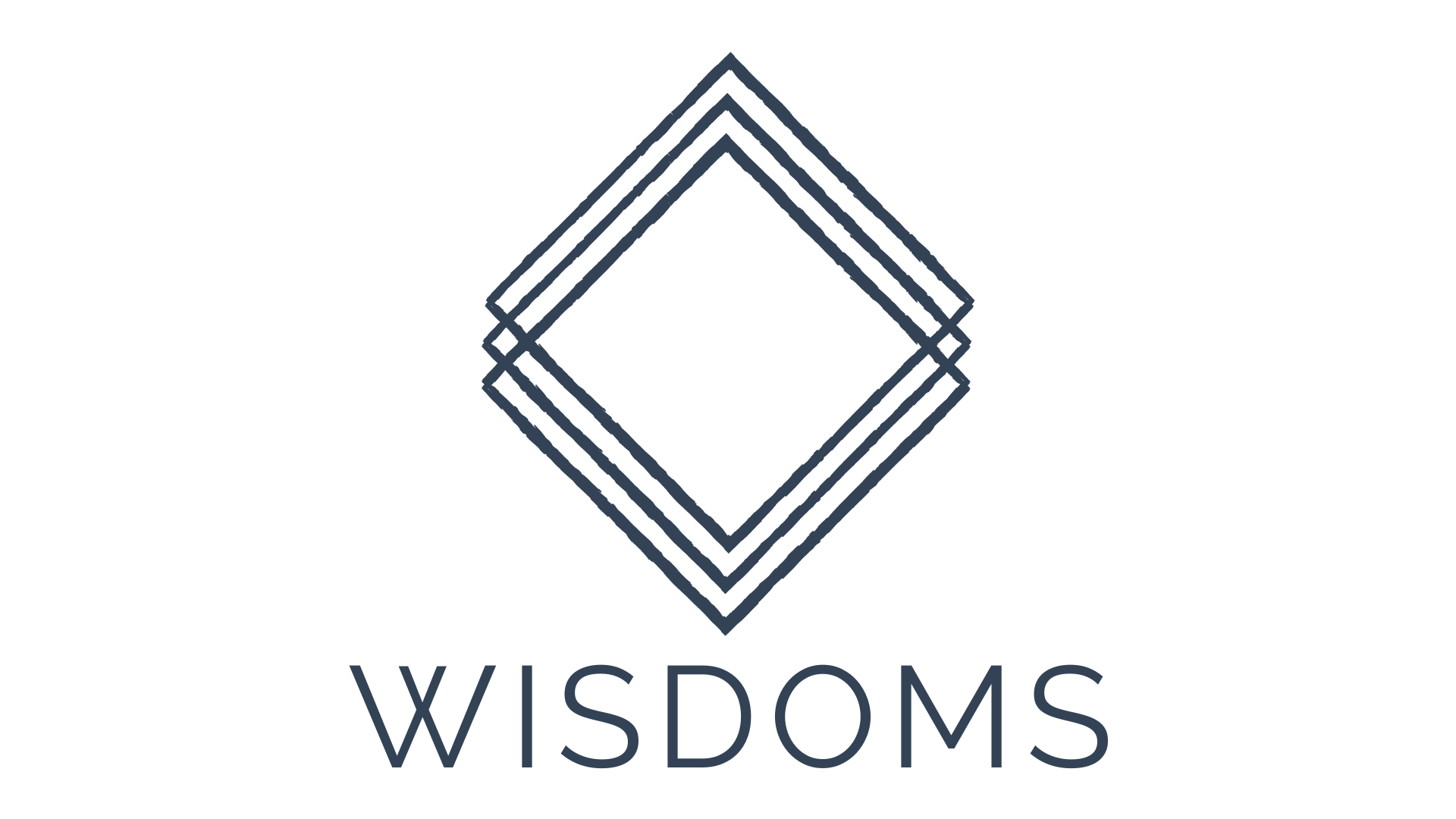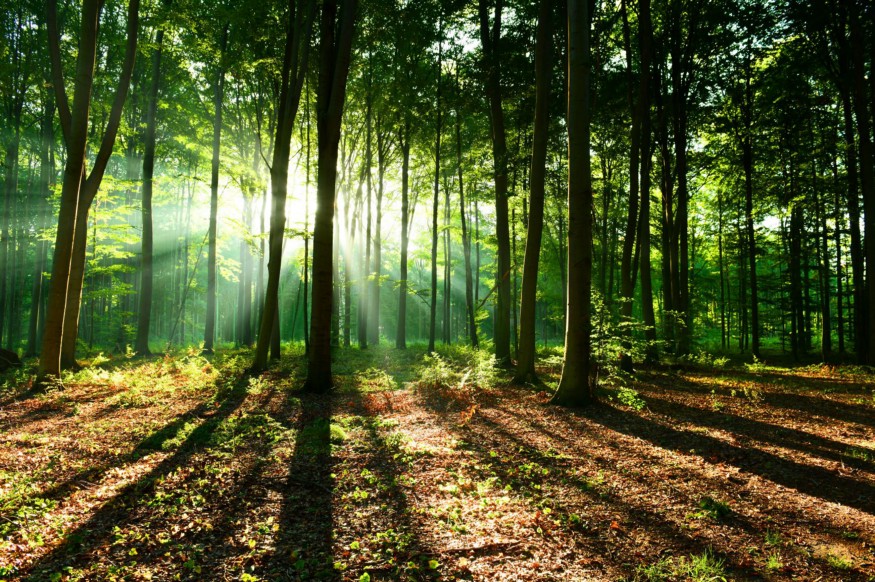“Hope is a dangerous thing,” Red tells us from inside his prison walls from the movie Shawshank Redemption. Victor Frankl, psychologist and holocaust survivor, reports that more people died in the concentration camps of World War II between Christmas 1944 and New Year 1945 than most other times. In his view this related to their “naïve hope” that they would be home before Christmas. When this was not the case, disappointment became despair and their courage and determination to persist dissolved. Hope was keeping them alive despite physical and emotional devastation. Given these same appalling conditions, the loss of hope crumpled any resistance they’d previously had.
Jim Collins in his book Good to Great also uses a wartime example to illustrate the danger of ‘blind hope’. He interviews James Stockdale, a high ranking navy official at the time, who was held prisoner for over seven years during the Vietnam War. Stockdale recounts that those who did not survive the prison camp were most often those who optimistically hoped they would be released soon, or at least “by Christmas”. In Stockdale’s words, “They died of a broken heart.”
Hope is also a good thing
This is all very depressing! The message seems to be that hope is worse than useless, it is actually dangerous. This is the good news though, hope is also essential and necessary for survival. It fuels the belief that we can prevail and that good things do lie ahead.
Again referring to the movie Shawshank Redemption, Andy escapes from the prison and leaves a letter for his friend Red to read after he makes parole. Andy writes, “Hope is a good thing. Maybe the best of things, and no good thing ever dies.”
Collins uses James Stockdale’s experience of survival in the Vietnam prison-of-war camp to coin the phrase “Stockdale Paradox”. Because without an abiding hope that things will turn out eventually you will not overcome appalling circumstances. You need hope to make it through but it is not based on a denial of reality.
This is the Stockdale Paradox in Stockdale’s own words: “You must never confuse faith that you will prevail in the end — which you can never afford to lose — with the discipline to confront the most brutal facts of your current reality, whatever they might be.”
Where is your starting place?
The hope that gives you resilience, the courage to dig deep and the vision to explore new, exciting options is not one that involves closing your eyes and wishing for a better future. It is a hope that runs parallel to an open-eyed, honest assessment of what you are facing now. My husband uses the mantra, “Facts are friends.”
It’s simple really. We cannot get where we want to if we don’t know what our starting place is. When you cue your GPS it directs you from your current location. Where is ‘Here’ for you?
David Wagoner writes a poem called Lost. It is the advice a Native American elder from the Pacific North West densely forested region, would give to a young person should they find themselves lost in the forest. It starts like this:
“Stand still. The trees ahead and bushes beside you
Are not lost. Wherever you are is called Here,
And you must treat it as a powerful stranger,
Must ask permission to know it and be known.”
I hope
We are facing so many unknowns. We cannot see the future and yet we can look ahead with hope. Hope will kindle renewed energy and revive inspiration for what is new and different and good. Our thinking and our focus are powerful resources that channel us towards the outcomes we desire.
This does not come at the expense however, of a realistic acknowledgement of our current circumstances. We need to have a thorough grasp of what it is we have to overcome, endure, or need to change in order to live out our hope.
It seems only right to end with another Shawshank Redemption quote. The last words of the movie are Red’s as he takes a bus from the States to Mexico and then walks along the beach towards Andy sanding his boat. He says, “I’m excited. The excitement only a free man can feel at the start of a long journey whose conclusion is uncertain. I hope to make it across the border. I hope to see my friend and shake his hand. I hope the Pacific is as blue as its been in my dreams. I hope.”

